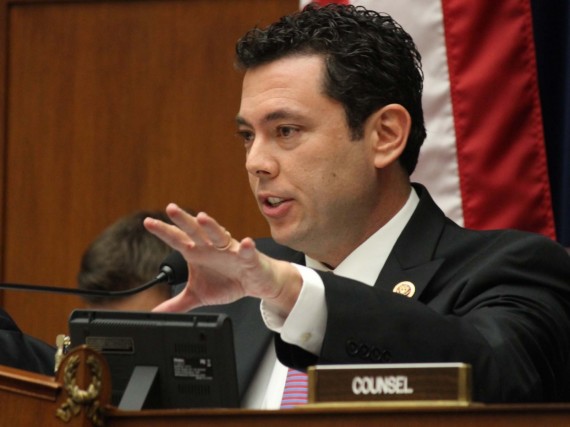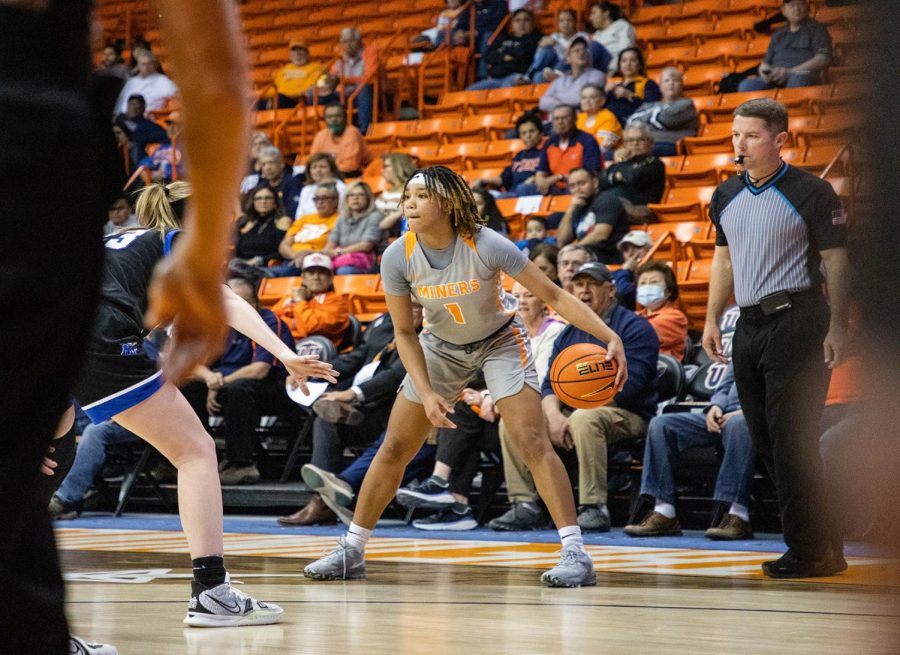WASHINGTON – Members of Congress are demanding answers to the lack of data available on visa overstays in the U.S., which they say could lead to more informed decisions on comprehensive immigration reform.
However, the Department of Homeland Security isn’t providing a timely response, said members of the House Committee on Oversight and Government Reform at a Thursday hearing on border crossing cards.
“If you really believe in immigration reform, you couldn’t do worse than throw a monkey wrench into this whole process, ‘cause now we don’t trust you,” Rep.Stephen Lynch, D-Mass., said to DHS representatives.
Committee Chairman Rep. Jason Chaffetz, R-Utah, said he asked DHS for 2009 visa overstay statistics back in July – and didn’t receive an answer until Wednesday night.
“We don’t get answers to very basic questions,” Chaffetz said.
John P. Woods of U.S. Immigration and Customs Enforcement, the principal investigative arm of DHS, apologized for the delayed response, but maintained that DHS will publish the 2012 overstay rates at the end of the year. The 2013 statistics will follow closely, Woods said, possibly in conjunction with the 2012 report.
Woods, who is the assistant director of ICE’s national security investigations division, said that Chaffetz’ July letter was delayed due to a lengthy clearance process.
“There were many questions to answer,” he said.
Lynch said he wouldn’t doubt it if members of Congress failed to enact comprehensive immigration reform because the agencies responsible for enforcing it are “incompetent.”
“It really hurts the whole idea of comprehensive immigration reform because you all will be handling it and you can’t even give us data from 2009 so that we can make a decision,” Lynch said to the DHS witnesses.
The tracking of visitors who overstay their visas has led to previous debate in the House. During a September hearing, DHS representatives committed to having plans for a biometric exit system at U.S. seaports by 2015. Congress had previously mandated the use of biometric data by 2001.
While global demand for visas is up, demand for border cards and B visas from Mexico is down by approximately 14 percent from last year, said Edward Ramotowski, the deputy assistant secretary for visa services with the Department of State.
Still, it is important that these overstays are addressed, Rep. John Tierney, D-Mass., said. He referenced 266 cases of overstays in 2011. The offenders could not be located.
“This may be a small figure relative to the number of border crossings and potential overstays, but it is important nonetheless, and shows the importance of pre-screening and vetting,” Tierney said.
Reach reporter Andrés Rodríguez at[email protected] or 202-326-9871.














